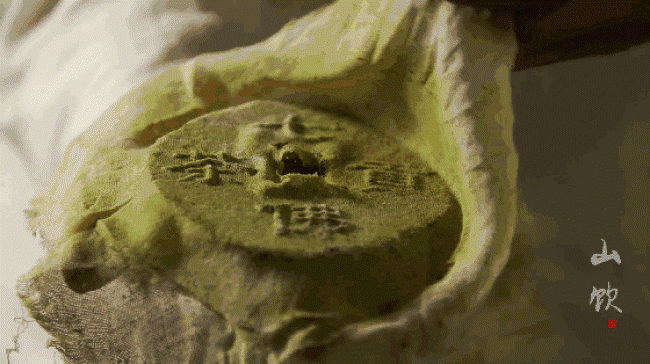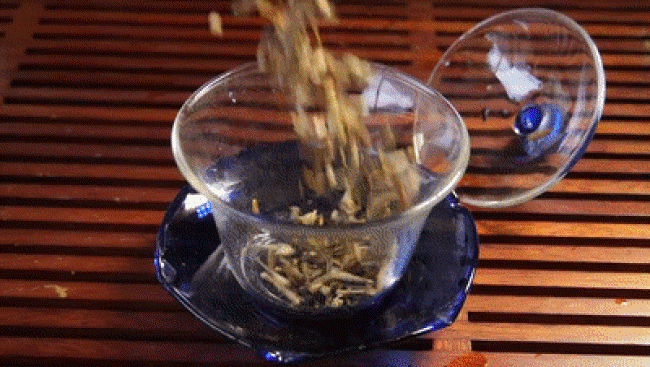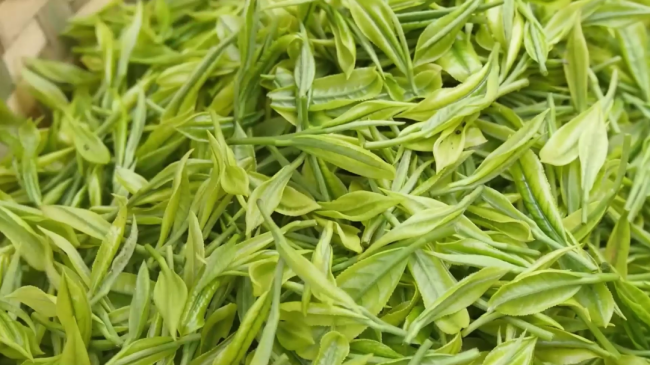Qingchuan continues to develop tea brands
Tea is the leading agricultural product in Qingchuan county in Southwest China's Sichuan province. It is building several brands.

A cake of Qifo Tribute Tea [Photo provided to chinadaily.com.cn]
Qifo Tribute Tea, native to Qifo township in the county, has a history of more than 3,000 years. Much later in the Tang Dynasty (618-907), officers were specially assigned for managing the local tea garden due to Empress Wu Zetian's fondness for the beverage.
The tea-making craft has also been listed among the provincial-level intangible cultural heritage. As long as they are properly preserved, tea will become even more pleasurable to drink.

The brewed Laoying Tea [Photo provided to chinadaily.com.cn]
Laoying Tea, with green and white oval leaves, is a kind of white tea widely distributed in mountainous Chaba township, where birds are known to sing over ravines and streams.
When spring emerges, the place will usher in a picturesque scenery with tea plants sprouting all over.
Laoying Tea has a mature flavor with a hint of bitter-sweet taste. It always leaves a lingering flavor in the mouth.

Baiye 1 tea leaves picked in Qingchuan [Photo provided to chinadaily.com.cn]
Qingchuan is also a beneficiary of a donation of 5.4 million tea seedlings from East China's Zhejiang province. Four years ago, it built a 100-hectare tea-planting base that covers nine townships to grow Baiye 1 Tea.
This type can be distinguished from its glossy green color and rich fragrance. After brewing, it tastes fresh and savory.
At present, the county's tea-producing area totals 354 hectares. The number is expected to increase to 466 by the end of this year.
